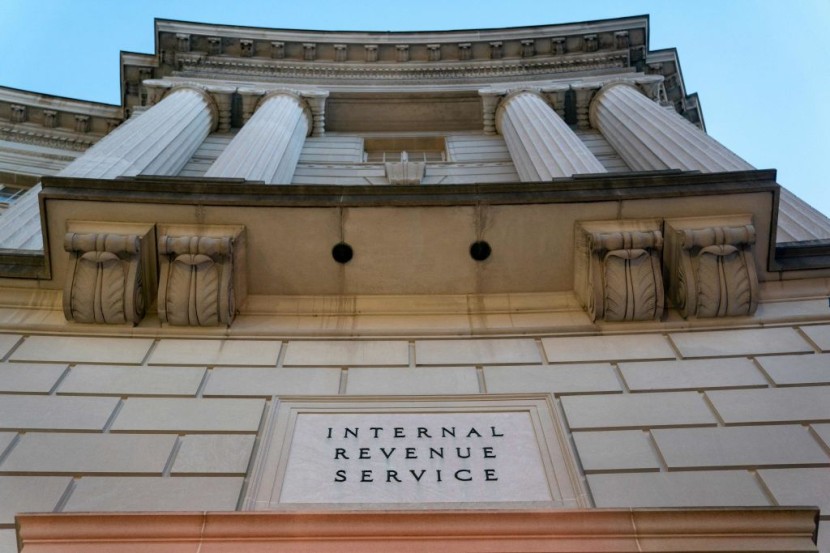The IRS has initiated a crackdown on dubious Employee Retention Credit (ERC) claims. The IRS announced that it is sending over 20,000 disallowance letters to taxpayers and entities that either did not exist or had no employees during the eligibility period for the ERC.
As an additional measure to protect against false claims, the IRS has heightened its examination of ERC claims. It has identified a considerable proportion of taxpayers who fail to satisfy the fundamental requirements for the credit. Letter 105 C will be issued this week to those who have been determined inadmissible, informing them that their ERC claim has been denied, as per Newsweek.
IRS Targets Dubious ERC Claims

The increased vigilance by the IRS comes in response to misleading marketing campaigns that have targeted small businesses and other organizations, leading to potentially improper ERC payments being made to ineligible entities.
IRS Commissioner Danny Werfel expressed concern over the aggressive marketing tactics used to promote the credit, saying, "With the aggressive marketing we saw with this credit, it's not surprising that we're seeing claims that clearly fall outside of the legal requirements."
This ERC, or Employee Payment Credit, is a refundable tax credit that was specifically established to aid companies that maintained employee payments amidst the COVID-19 pandemic. This credit was particularly beneficial for companies whose operations were substantially reduced in gross receipts or entirely halted per government directive during the eligible periods.
The IRS has shifted its focus to reviewing ERC claims for compliance concerns, including intensified audit work and criminal investigations targeting promoters and businesses filing dubious claims. Hundreds of criminal cases related to ERC claims are currently under investigation, and thousands of ERC claims have been referred for audit, according to Forbes.
The 20,000 disallowance letters issued by the IRS primarily focus on two areas of problematic ERC claims:
- Entities Not in Existence During the Eligibility Period: The ERC applies to qualified wages for periods between March 13, 2020, and December 31, 2021. Entities established after December 31, 2021, are not entitled to the ERC under the law.
- No Paid Employees During the Eligibility Period: The ERC is intended to be a credit against qualified wages paid. Entities that did not pay any wages during the eligibility period are not eligible for ERC.
IRS Disallowance Letters: Protecting Taxpayer Rights
The IRS, respecting taxpayers' rights, will provide information in the disallowance letters about how taxpayers can respond with documentation supporting their eligibility or claim amount, as well as how to file an administrative appeal.
The disallowance letters serve several purposes, including helping ineligible taxpayers avoid audits, repayments, penalties, and interest. They also prevent incorrect refunds from going to ERC promoters and save IRS resources by disallowing incorrect credits before they enter the audit process.
In response to concerns about the ERC's fraudulent claims, the IRS announced a moratorium on processing new ERC claims through at least the end of 2023, emphasizing the importance of enhanced compliance reviews of existing claims submitted before the moratorium to prevent fraud.
The IRS has acknowledged that many recent claims are fraudulent or overstated, and it has initiated investigations involving potentially fraudulent ERC claims totaling over $2.8 billion. Some of these fraudulent claims involve shell companies or existing but ineligible businesses.
As part of its efforts to address questionable claims, the IRS plans to unveil a special voluntary disclosure program for ERC claims later this month. This program will provide a pathway for those who received questionable payments to rectify their claims and avoid future IRS actions, The Wall Street Journal reported.








